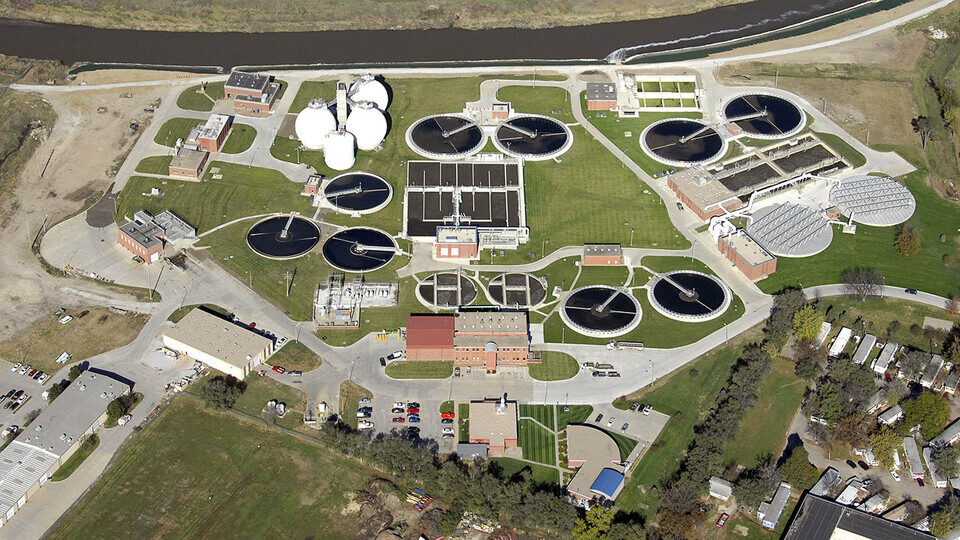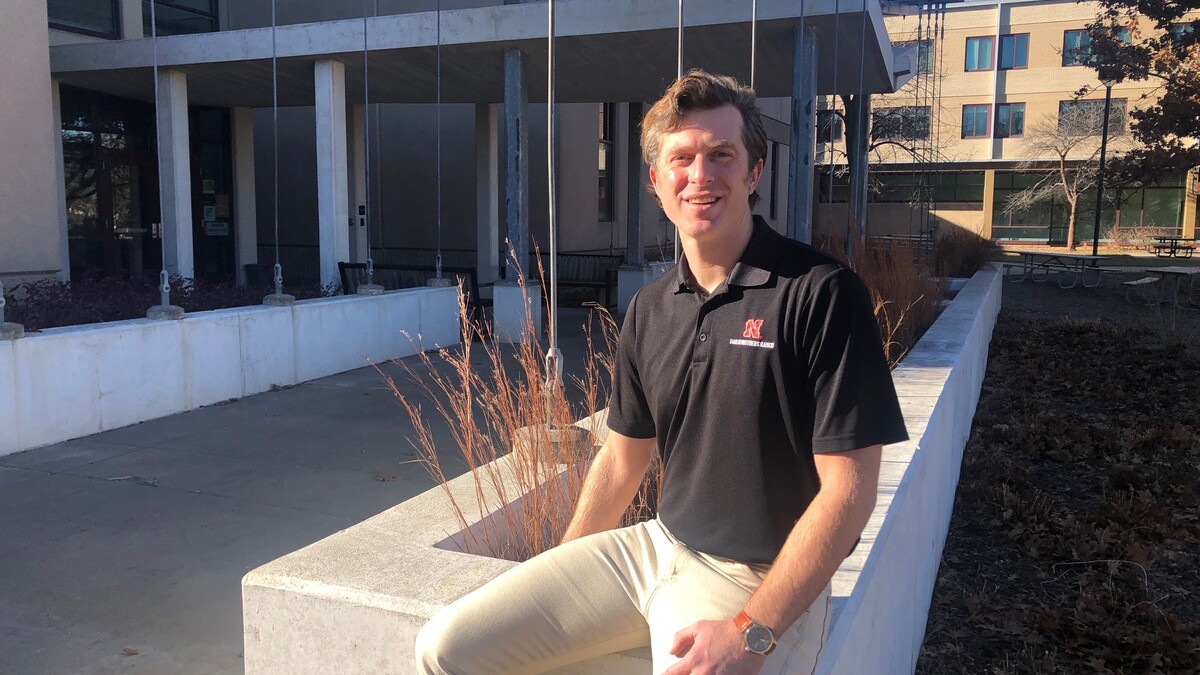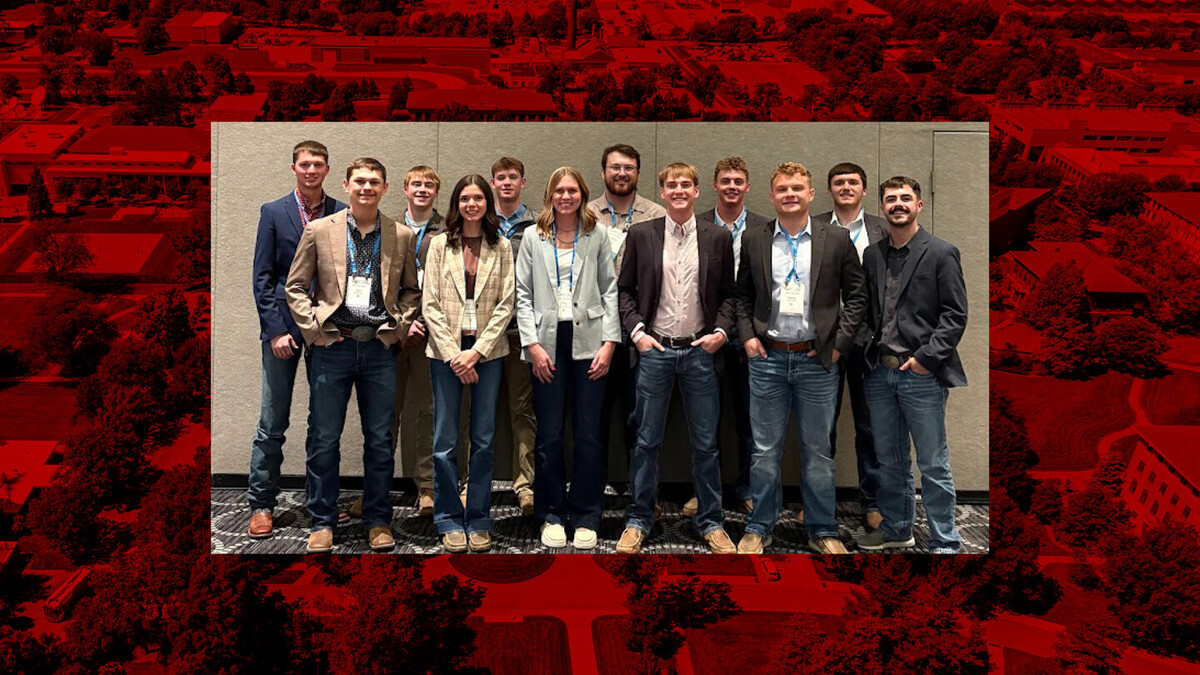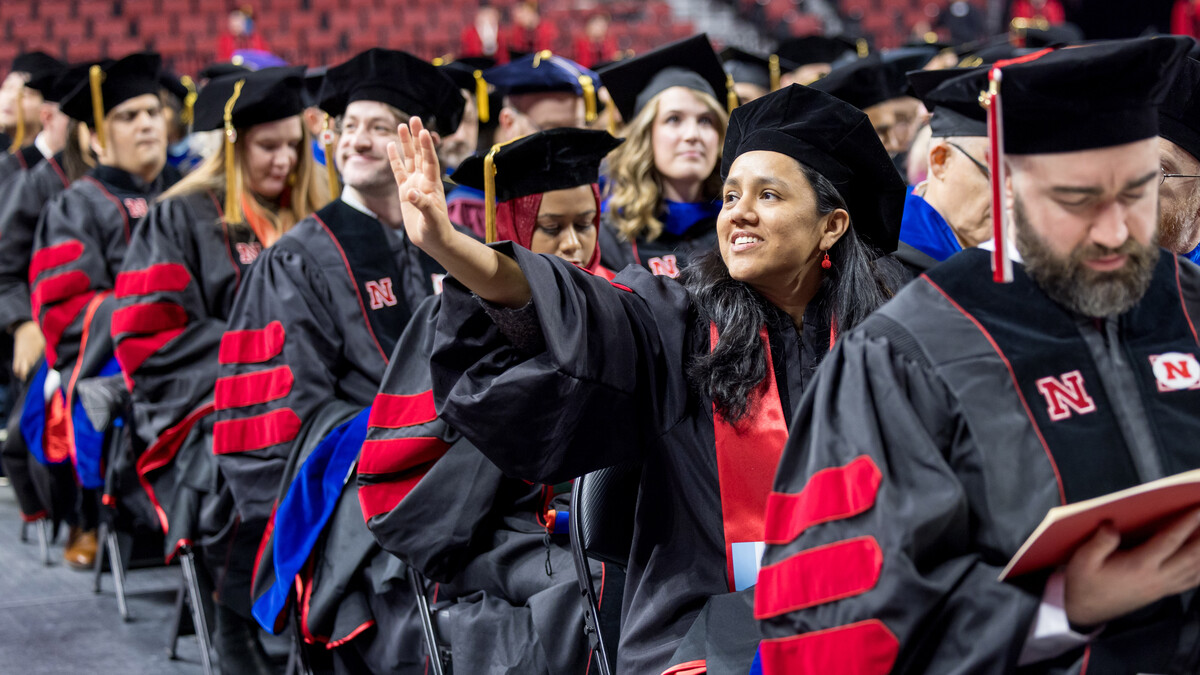
Lincoln, Neb. —With assistance from the Lincoln Wastewater System, researchers from the University of Nebraska–Lincoln have launched projects to use wastewater samples for early detection of the SARS-CoV-2 coronavirus.
Scientists from the University of Nebraska–Lincoln and the University of Nebraska Medical Center joined Lincoln Mayor Leirion Gaylor Baird and officials from Lincoln Transportation and Utilities during the mayor’s July 7 briefing to provide information about the research, which they hope could provide health officials as much as a week of lead time before a COVID-19 outbreak.
The work is among a number of coronavirus-related research projects underway at Nebraska that have received financial support through the Office of Research and Economic Development. Donna Garden, assistant director of the Lincoln Transportation and Utilities Department, describes the city’s participation as part of multiple efforts to keep the community safe.
Xu LiPrevious studies have shown that many people who are COVID-19 positive can shed the novel coronavirus via their stool even when they have only mild symptoms, said Xu Li, an environmental engineering professor at Nebraska who is co-leading one of the projects.
“Studies have shown that levels of coronavirus in municipal wastewater can correspond with spread of COVID-19 in a community,” he said. “We hope to quantify the coronavirus levels in the wastewater from six regions within Lincoln to see if we can detect such a correlation.”
Megan Kelley, an assistant professor of nutrition and health sciences at Nebraska, will co-lead the Lincoln-based project with Li. She will assess how community-level contextual factors and local policy measures relate to levels of coronavirus in the wastewater samples over time. Both researchers are working with Lincoln officials so that samples can be taken with geographic precision.
Shannon Bartelt-HuntShannon Bartelt-Hunt, chair of the civil and environmental engineering department at Nebraska, has collected wastewater samples weekly from Lincoln, Grand Island and Omaha in early April and has worked with UNMC scientists on testing methods and the possibilities of sequencing and culturing the virus to learn more about its origins as well as precautions needed for utilities workers. Jesse Bell, a professor of health and environment at UNMC, will participate in Tuesday’s briefing.
Bartelt-Hunt said her team will be able to compare the samples taken during the past three months to the progression of the disease in Lincoln, Omaha and Grand Island. In a study conducted at Yale University, researchers were able to predict the number of cases seven days ahead using the amounts of coronavirus found in the samples.
“It’s a predictive tool. It can give you a sense of the number of cases that will occur so you can target testing resources and directed health measures,” she said. “It gives you more information about what’s happening in the community.”
The Lincoln Transportation and Utilities Department is proud to partner with the universities, Garden said.
“Access to clean water, proper handling of wastewater and many more everyday services is key to maintaining Lincoln’s quality of life,” she said. “To provide opportunities for these researchers to collect wastewater samples during the pandemic and see the importance of how this data can assist all of us with making data-driven decisions is just one way LTU keeps our community safe.”







